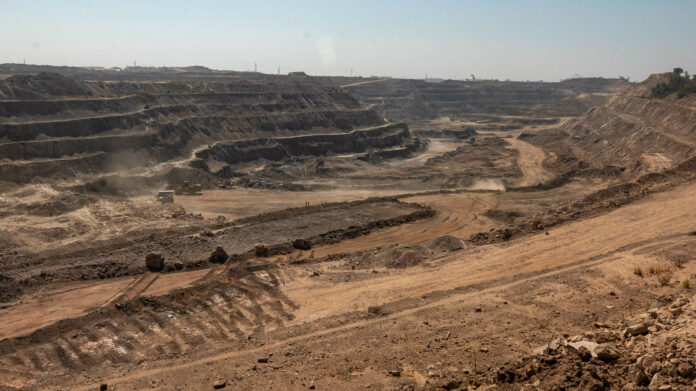ARI SHAPIRO, HOST:
We’re often told that electric cars are good for the environment. But NPR listeners are a skeptical bunch. So when we asked for your questions about EVs, you came back with, how green are they really, especially with those batteries? Well, you asked, we answer. Actually, Camila Domonoske answers. She is NPR’s correspondent covering cars. Hey, Camila.
CAMILA DOMONOSKE, BYLINE: Hi, Ari.
SHAPIRO: Let’s start with that opening question. What have you found in your reporting? Are electric vehicles better for the environment?
DOMONOSKE: Than gas cars are? Yes. This is the No. 1 question that we got, and the short answer is EVs are cleaner. There’s a much longer answer. How much cleaner varies. How many emissions you get from the grid are a big factor. But there’s a ton of research that factors in – the mining that goes into batteries, the electricity that’s often produced from fossil fuels, the impacts of battery recycling. Add it all up, and the pattern is extremely clear. EVs are better for the climate than gas-powered cars.
SHAPIRO: OK, better than gas-powered cars, but tell us more about what goes into the batteries specifically and what impact that might have on the environment.
DOMONOSKE: Yeah, it is substantial. The minerals that go into batteries – things like lithium, nickel, cobalt – mining, pulling them out of the earth, has a big climate impact upfront. In fact, when they roll out of the factory, an EV is responsible for more carbon emissions than a comparable gas car. But then the cars get driven. And very quickly, that gasoline-powered car catches up and then has a much bigger footprint over time than the EV does. Again, that includes the emissions from the power grid.
It’s also possible to recycle the battery in an EV. That addresses concerns about disposing the battery, and it also means that in the future, we’ll need less mining to make batteries, which makes the benefit even bigger over time.
SHAPIRO: And that seems like a very clear answer to the question about carbon emissions. But don’t people have other concerns about mining, like habitat disruption and the like?
DOMONOSKE: Yeah. And runoff and waste and things that aren’t environmental – child labor, perfect mining conditions in the Congo to make cobalt – that’s all very real. And on the fossil fuel side, there are deaths from pollution from burning oil and gas. There’s oil spills. There’s corrupt regimes supported by oil. These are things that it’s harder to do math about, right? Thea Riofrancos is a political scientist who has sounded the alarm about mining for battery materials. In fact, here she is on NPR last year.
(SOUNDBITE OF ARCHIVED NPR BROADCAST)
THEA RIOFRANCOS: We see impacts on water systems where there’s water use by lithium mining or contamination of water. We see impacts on biodiversity. We also see concerning social impacts.
DOMONOSKE: So when I got all these questions from listeners, I called Riofrancos up. I told her, we have people asking, OK, this mining sounds terrible. Are EVs even good? Are they better than gas cars? And she said, first of all, that she was very glad that people are thinking about this topic. And then she said this.
RIOFRANCOS: With a traditional car, less mining is needed to create the car, but more ongoing mining is needed to extract the oil that becomes the gasoline that powers the car.
DOMONOSKE: So her assessment, and she was very clear that she is not dismissing the harms done by mining for batteries, but she said the fossil fuel vehicle still creates more damage overall.
SHAPIRO: OK. So if we’re imagining a hierarchy of impact of commuting styles with gas vehicles and better than that is electric vehicles, is there a better option than that?
DOMONOSKE: Bikes, public transit, absolutely. And even within EVs, Riofrancos emphasizes a smaller EV has a smaller battery. So, when she couldn’t bike to work, what she did was she bought an EV, but she picked a small one.
SHAPIRO: That’s NPR’s Camila Domonoske, who answers more of your questions about EVs on our podcast The Sunday Story, and we’ll link to it on our npr.org page. Thanks, Camilla.
DOMONOSKE: Thank you.
Copyright © 2024 NPR. All rights reserved. Visit our website terms of use and permissions pages at www.npr.org for further information.
NPR transcripts are created on a rush deadline by an NPR contractor. This text may not be in its final form and may be updated or revised in the future. Accuracy and availability may vary. The authoritative record of NPR’s programming is the audio record.


